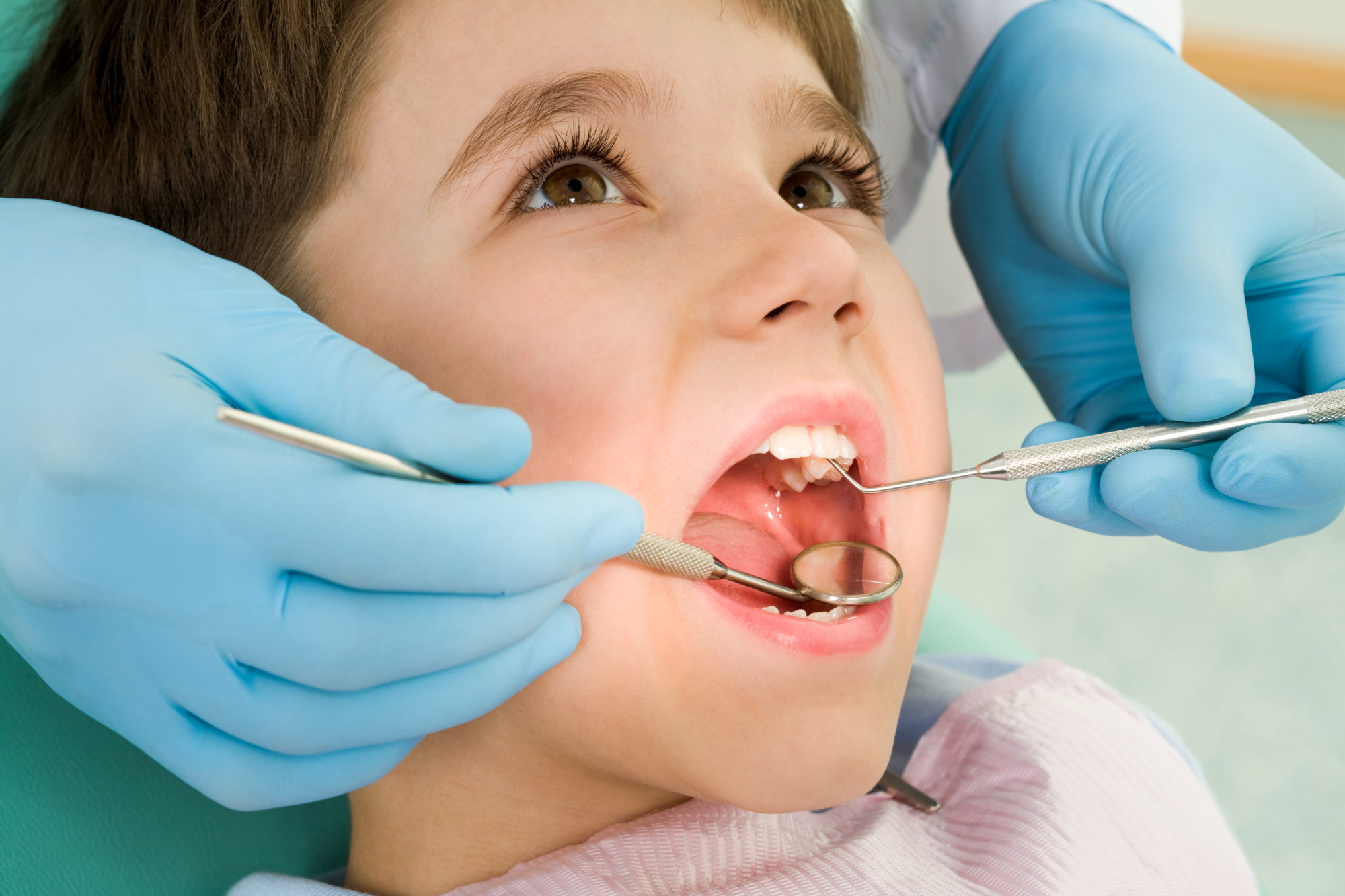According to a report, teeth discoloration can result in embarrassment and low self-esteem, especially in growing children. You wouldn’t want your child going to school with discolored teeth. However, teeth whitening for kids follow a different set of rules than teeth whitening for adults.
Thanks to the popularity of teeth whitening in kids, most parents consider it an essential dental treatment for their children. However, most of these parents don’t know much about the process or how to go about it.
Below are essential things you should be aware of before considering teeth whitening for your child.
What Is the Right Age to Start Teeth Whitening for Kids?
Most parents are unsure about the appropriate age to introduce their children to teeth whitening. While there is no recommended age, your child’s baby teeth must first be replaced with permanent teeth before you decide on teeth whitening treatment.
Most experts recommend that parents introduce their kids to teeth whitening by the age of 14, depending on their teeth’s condition.
Is Teeth Whitening for Kids Safe?
While teeth whitening is not recommended for children under 14, below are three criteria every child must meet before whitening their teeth:
- They must be done with all their previous orthodontic treatments
- Their enamels have fully calcified
- All their permanent teeth have fully grown
While professional teeth whitening is generally considered safe, the American Academy of Pediatric Dentistry advises that parents stay away from over-the-counter teeth whitening agents. This is because these products are new in the market, and additional research needs to be done before introducing them to children.
Parents have also been cautioned against using whitening strips on their children. However, if you decide to use them, ensure you closely supervise your child to avoid swallowing the strips or leaving them on for longer than needed. This could lead to health problems or damaged teeth.
Before choosing to use any teeth whitening products on your kid, consult your child’s dentist and check out this teeth whitening for kids article.
Are There Effects of the Teeth Whitening in Children?
While teeth whitening is considered safe for kids, parents still need to know about potential risks. There are many benefits of teeth whitening for kids. However, below are potential effects of the procedure:
1. It Can Increase Teeth Sensitivity
The teeth whitening procedure could cause teeth sensitivity in your child. Because a kid’s teeth are not fully developed, the chemicals used in the process often penetrate deeper into their teeth, reaching their nerves. This leads to discomfort and insensitivity when eating or drinking.
Fortunately, the sensitivity is temporary and only lasts up to a few weeks. If you notice that your child has a reduced appetite, is experiencing pain or discomfort, ensure you contact your child’s dentist for assistance.
2. Gingival irritation
Gingival irritations are a nightmare, especially for children. According to a report, over 65% of all teeth whitening patients report gingival irritations after the procedure. This is caused by hydrogen peroxide, which is a key ingredient in most teeth whitening agents.
Hydrogen peroxide is not safe when frequently used on dental organs.
3. Bleached gums
If not done right, any teeth bleaching procedure may lead to bleached gums. Some compounds used in whitening agents are not safe to be used on children’s growing teeth. When used in high concentrations, hydrogen peroxide could lead to permanent teeth bleaching and bleached gums.
At-Home Teeth Whitening Tips for Kids
While most doctors discourage teeth whitening strips for kids, there are other at-home tips that you could use to ensure your child keeps their teeth pearl-white. Ensure you combine two or three of the below teeth whitening remedies for better results:
1. Don’t Give Your Child Teeth-Staining Drinks
You should ensure your child avoids all foods and drinks that could potentially stain their teeth. Such foods and beverages include sodas, coffee, sports drinks, red juice, berries, and hard candy. It’s advisable to use a straw when drinking beverages to avoid staining teeth with beverage dye.
2. Use Teeth Whitening Toothpaste
Make sure your kid brushes twice per day using a reputable brand of teeth-whitening toothpaste. Use a little amount of the toothpaste to help your child get rid of sugar and starch stuck on their teeth’s surface.
3. Practice Good Oral Hygiene
Use the right tools to clean your child’s teeth. This is the best way to keep your child’s teeth white at home.
4. Preserve Your Child’s Enamel
The main reason why teeth become yellow is due to the thinning of the enamel. Ensure your child stays away from sugary and acidic drinks or foods to protect their enamel and avoid discoloration. Regular brushing and flossing will help your child’s enamel stay strong.
5. Schedule Teeth Cleaning and Polishing at the Dentist
Schedule an appointment with your child’s dentist for professional teeth cleaning. This will ensure all the hard-to-get stains are removed.
6. Avoid Too Much Fluoride
According to experts, using antibiotics and fluoride for loo long could lead to teeth discoloration. Experts also recommend that children’s teeth exposure to fluoride be limited. This is because fluoride leads to dental fluorosis, especially in a child’s developing teeth.
Should You Allow Your Child To Do Their Own At-Home Teeth Whitening?
You can let your kid do their own at-home dental whitening remedies. However, you should closely monitor them during the process. If you’re unsure about anything, consult a professional to teach you about the proper way to go about teeth whitening at home.
Are You Considering Teeth Whitening for Your Kid?
Dental care is essential for the health of your kid’s teeth. While teeth whitening for kids is becoming famous among parents, it’s essential to consult a professional to examine your child’s teeth to confirm that they’re ready to be exposed to chemicals used in the teeth whitening process.
Please read our other posts for more intuitive tips.
